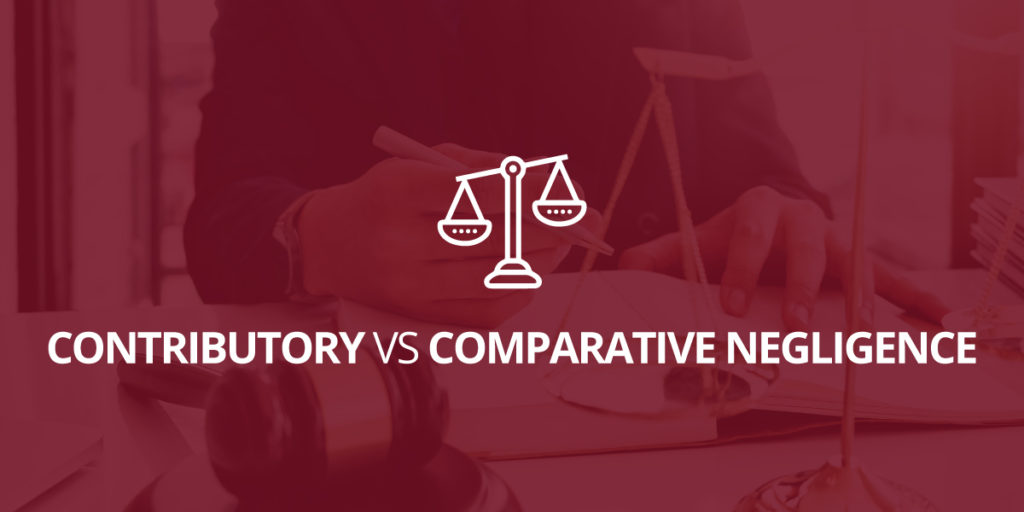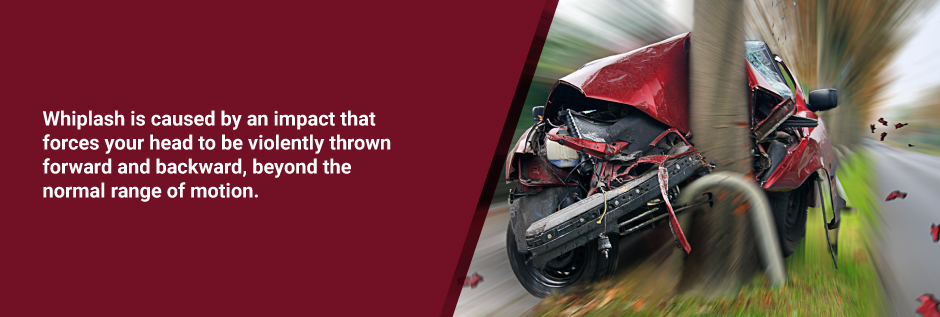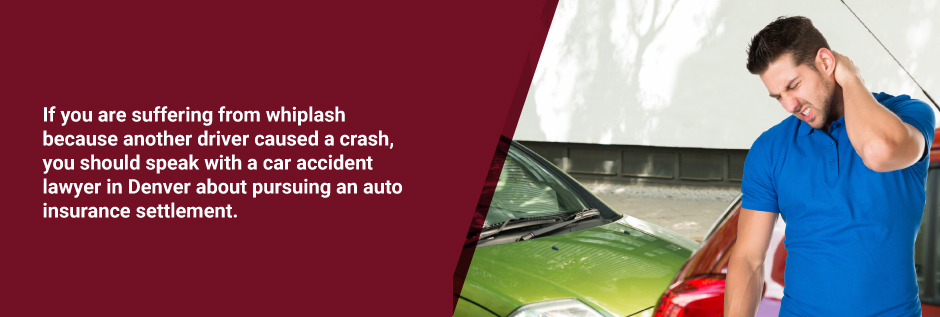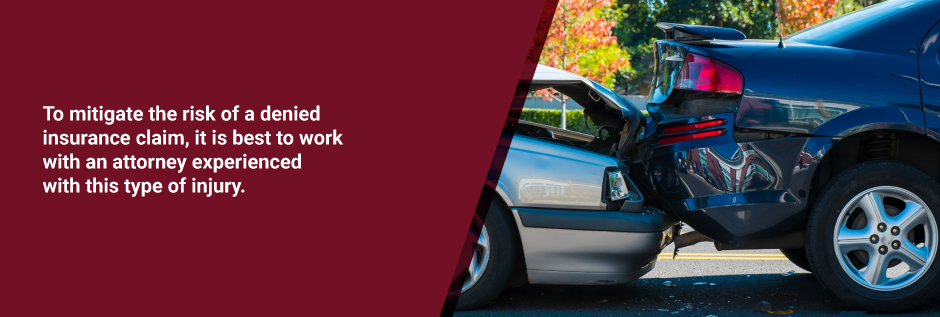
Large truck crashes and deaths are on the rise. In 2017, there were 4,237 fatal crashes involving large trucks in the U.S., according to the Federal Motor Carrier Safety Administration (FMCSA). They led to 4,761 deaths that year—the highest number of large truck crash fatalities since 2007.
In Colorado, 2017 saw a slight downturn in the number of fatal large truck crashes with 80 accidents leading to 87 deaths. But overall, fatalities have increased significantly since 2009, the Denver Post reported.
While there are many causes of fatal trucking accidents, regulations play a major part in keeping motorists safe while sharing the road with large commercial vehicles. This is why proposed changes to hours of service regulations for truckers are stirring up controversy.
Trucks Accidents Must be Treated Differently Than Car Crashes
Commercial trucks and truck wrecks differ considerably from personal vehicles and crashes. Commercial vehicles are a significantly greater size and weight than the average sedan, SUV, or van. Semi-trucks can weigh up to 80,000 pounds and have the capability to cause greater damage to other vehicles even at lower speeds.
Commercial truckers and motor carriers are highly regulated by the FMCSA. Following a trucking accident, a thorough investigation is necessary to determine if the trucker or their employer violated one or more federal regulations and whether this violation contributed to the crash.
Truck accidents are more fiercely contested than car crashes. In most personal vehicle collisions, the fault is clear, and damages are addressed by the insurance company. Most drivers are not afraid of anything other than the financial repercussions of an accident.
But a trucking company and truck driver need to keep their record as clean as possible. Responsibility for a crash or a regulatory violation could impact their livelihood. They will aggressively deny liability whenever possible.
All of these differences mean a truck wreck victim should work with an attorney who has specific experience handling trucking accidents to protect their rights.
Hours of Service Regulations Are Meant to Reduce Drowsy Driving Accidents
Some of the many regulations that are intended to keep truckers and other motorists safe are hours of service regulations. These rules dictate how long truckers can operate a vehicle within a certain period of time and how much rest they should take.
The rules first came about in the 1930s and were not change significantly until the 1960s. It would take another 30 years for there to be other major changes, and since, various adjustments have been made.
The regulations are meant to keep fatigued drivers off the road by ensuring truckers get a certain amount of sleep throughout the week and on long hauls across the country. There is a clear link between fatigue and truck crashes.
Several studies have been performed over the decades showing tired truckers are involved in more accidents. Published in 2007, a federal study reviewed crashes that occurred between April 2001 and December 2003. Driver fatigue was one of the Top 10 factors associated with the accidents, occurring in 13% of incidents.
Currently, property-carrying drivers may:
- Drive a maximum of 11 hours after 10 consecutive hours off duty;
- Not drive beyond the 14th consecutive hour after coming on duty, following 10 consecutive hours off duty. Off-duty does not extend the 14-hour period.
- Drive only if 8 hours or less have passed since the end of the driver’s last off-duty or sleeper-berth period of at least 30 minutes. (Does not apply to driver’s use of either of the short-haul exceptions).
- May not drive after 60/70 hours on duty in 7/8 consecutive days. A driver may restart a 7/8 consecutive day period after taking 34 or more consecutive hours off duty.
- Drivers using the sleeper berth provision must take at least 8 consecutive hours in the sleeper berth, plus a separate 2 consecutive hours either in the sleeper berth, off duty, or any combination of the two.
Hours of Service Regulations May be Relaxed
Hours of service regulations are highly disputed in the trucking industry, as many motor carriers and truckers want flexibility in how long they drive and when they rest. They may get their wish and the regulations may be relaxed. Others believe having strict hours of service rules is necessary to keep drowsy truck drivers off the road and reduce the rate of crashes and fatalities.
Contact a Truck Accident Lawyer for Help
Whether or not hours of service regulations reduce fatigue-related truck accidents is hotly debated. However, that debate is not your concern after you have been injured or lost a loved one in a truck crash. All that matters to you is holding a negligent trucker or trucking company responsible.
To do this, you need a lawyer who will thoroughly investigate the trucking accident, determine if any regulatory violations took place, and pursue compensation for your injuries. Contact the Donaldson Law, LLC at (303) 458-5000 to speak with a Denver truck accident lawyer.









